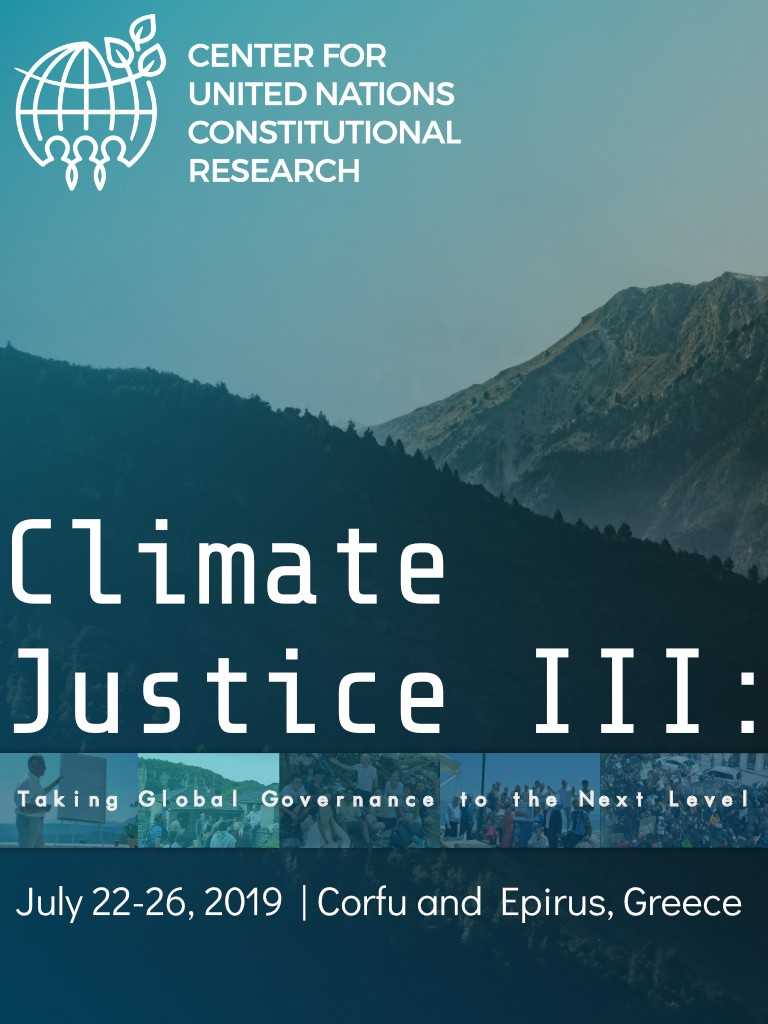In many countries around the world – still more than 20 as of late 2018 – the state of a woman’s vagina is given more importance than her words. Virginity testing is, indeed, still common practice in these countries and affects two main categories of women: the survivor of rape wishing to get justice, and the to-be married. In the latter case, the test aims at assessing the ‘purity’ or ‘chastity’ of the women by verifying the presence of their hymen (e.g. in 2018, Moroccan civil society started an important movement against the virginity test imposed on to-be married women through a very explicit slogan : « my vulva belongs to me »). In the former case, the one discussed more in-depth below, the main practice imposed on rape survivors is the famous ‘two-finger test’.
It is a very straightforward test: the doctor inserts two fingers in the vagina of the survivor to assess its size and elasticity. Depending on the result, the doctor draws a conclusion on the sexual habits of the survivor. This conclusion is then used in trial in favor of, or (much most likely) against, the testimony of the survivor. If she is considered sexually active – oftentimes deemed an “immoral behavior” – she will lose credibility and the rape case will be discarded. Not only is this conclusion disturbingly wrong but it also reduces the crime of rape to an act of penetration of the vagina. Although in concordance with the legislations of the countries where the test is performed, this highly conservative interpretation of the crime is inconsistent with the reality of its commission.
In October 2018, a UN joint statement by the World Health Organization, the Office of the High Commissioner for Human Rights and UNWOMEN called for the ban of any kind of virginity testing, including the two-finger test. The UN agencies recalled that these tests lack medical utility and scientific veracity in establishing any sexual activity, and can have a deeply harmful impact on the survivor (for an in-depth analysis of the relevance of such test and its harmful consequences see here). This call, long awaited, is of great support to the human right defenders, NGOs and other entities fighting to eradicate the practice. It may also bolster State-level developments with the same aim.
The call mirrors the international standards on prosecuting sexual violence, according to which the sexual past, behavior or habits of a survivor cannot be taken into consideration by judges. See, for example, the Rules 70 and 71 of the Rules of Procedure and Evidence of the ICC according to which “Credibility, character or predisposition to sexual availability of a victim or witness cannot be inferred by reason of the sexual nature of the prior or subsequent conduct of a victim or witness”. Taking this into account, “a Chamber shall not admit evidence of the prior or subsequent sexual conduct of a victim or witness”.
Indeed, virginity testing also constitutes a violation of the survivor’s international human rights, which dictate a right to non-discrimination on the basis of sex, physical
What is World Federalism?
World Federal Government (WFG)


THE SAN FRANCISCO PROMISE
Click to Learn More
and sexual integrity, prohibition of cruel, inhuman or degrading treatments, right to privacy, equality before the Courts and Tribunals and equal protection of the law (see mainly articles 2,3, 7,17,14, 26 of the International Covenant on Civil and Political Rights).
Recent developments in a number of countries indicate a move in the right direction, as called for by the UN. One example is the welcome, albeit tardy, decision of the Supreme Court of Bangladesh rendered in April 2018 (5 years after a petition was filed by six national human rights organisations calling for the ban of the practice), confirming the lack of scientific and legal merit of the two-finger test. The Supreme Court ordered medical personnel not to administer the test, and ordered judicial personnel not to give the test ‘results’ any weight in the courtroom.
A few years prior, in 2014, the Indian Ministry of Health and Family Welfare issued progressive Guidelines on “Medico-legal care for survivors/victims of Sexual Violence”. The Guidelines explicitly state that “Per vaginum examination, commonly referred to by lay persons as ‘two-finger test’, must not be conducted for establishing an incident of sexual violence and no comment on the size of vaginal introitus, elasticity of the vagina or hymen or about past sexual experience or habituation to sexual intercourse should be made is it has no bearing on a case of sexual violence”. In it important to note that the Guidelines were adopted
Solving Global Problems
We can work together to make the world better
following the horrendous fatal gang-rape of a young women in a New Delhi bus, in December 2012. Under the pressure of the national and international community (See the headlines of Huffington Post, The New York Times, Human Rights Watch, Le monde, UN here and here), a Committee was created in order to look at the national criminal system regarding sexual assaults (laws, medical-legal examination, necessary reforms). In 2013, a 600pages long report was submitted and then used as the roots of the Guidelines. The Verma Committee strongly and explicitly condemned the two-finger test. However, as determined by Human Rights Watch, the Guidelines are – since then – regrettably only implemented in 9 of the 29 states of India, and the practice is still very prominent.
Legislative changes can nevertheless be a useful first step in the eradication of the harmful practice. More countries need to develop guidelines to prohibit the use of the two-finger test, as well as any virginity testing. Then the policies must be followed up with sound implementation and enforcement.
Other measures can, and should, be taken by countries to heed the call of the UN to fully eradicate the practice, protect survivors of further harm, and render courtrooms more just. Two fingers cannot tell the truth.
[I would like to sincerely thank Alix Villemain for her helpful input. — Dorine Llanta]
Paths to a World Federation
There are many paths to a better world, but they all meet at world federation
Original Publisher
INTLAWGRRLSDorine Llanta is a Legal Researcher at Women’s Initiative for Gender Justice, working specifically on the ‘Call It What It Is Campaign’ launched in December 2018. She is also a PhD Candidate at the University of Perpignan (France). Her research focuses on the repression and accountability of sexual violence in international and national settings. Prior to her current role, Dorine worked with the Centre for International Justice of Amnesty International, based in The Hague, and focuses on ICC-related legal analysis. She participated in the organisation of Amnesty International’s side-event at the 17th Assembly of States Parties to the Rome Statute on the accountability for crimes committed in Nigeria. She also worked as a legal advisor to Asylum Access Ecuador, an NGO providing legal assistance to asylum-seekers in Ecuador, South America. Through these experiences she gained substantive expertise on the prevention and accountability for sexual and gender-based violence.
DWF News





Hi. I have checked your dwfed.org and i see you’ve got some duplicate
content so probably it is the reason that you don’t rank high in google.
But you can fix this issue fast. There is a tool that creates content like human, just
search in google: miftolo’s tools
Wow, marvelous blog layout! How long have you ever been blogging for?
you make running a blog glance easy. The total look of your
site is wonderful, let alone the content material!
Hi, Neat post. There is an issue together with your website in internet explorer, may test this?
IE still is the market leader and a good
component to folks will miss your wonderful writing due to this problem.
I think what you wrote was very reasonable. But, what about this?
what if you were to write a killer headline?
I am not suggesting your information isn’t solid, but what if you
added something to possibly get people’s attention? I mean Can Two
Fingers Tell the Truth? | Democratic World Federalists
is a little plain. You might glance at Yahoo’s front page and watch how they
create news titles to grab viewers to click. You might add a related video or a
pic or two to grab people excited about what you’ve got to say.
Just my opinion, it might bring your posts a little
livelier.
Appreciate this post. Let me try it out.
Attractive component of content. I simply
stumbled upon your weblog and in accession capital to claim
that I acquire in fact loved account your weblog posts.
Anyway I will be subscribing on your augment or even I fulfillment you access consistently rapidly.
Superb post however I was wanting to know if you could write a
litte more on this subject? I’d be very thankful if you could
elaborate a little bit further. Kudos!
I do not even understand how I finished up right here, but I assumed this submit used to be good.
I don’t recognize who you’re but certainly you’re going to a well-known blogger if you aren’t
already. Cheers!
Attractive section of content. I just stumbled upon your weblog and
in accession capital to assert that I acquire actually enjoyed account
your blog posts. Anyway I’ll be subscribing to your augment and even I achievement you access
consistently rapidly.
Hello there! I know this is kinda off topic but I was wondering if you knew where I
could locate a captcha plugin for my comment form? I’m using the same
blog platform as yours and I’m having difficulty finding one?
Thanks a lot!
Hey I am so grateful I found your blog page, I really found you by mistake, while I was researching on Bing
for something else, Anyways I am here now and would just like
to say thank you for a incredible post and a all round exciting blog (I also love the theme/design), I don’t have time to go through it all at the minute but I have book-marked it and also added your RSS
feeds, so when I have time I will be back to read much more,
Please do keep up the excellent job.
Hi mates, its impressive post about educationand completely explained, keep it up all the time.
Hi there! Quick question that’s totally off topic.
Do you know how to make your site mobile friendly? My web site looks weird when viewing from
my iphone 4. I’m trying to find a template or plugin that might be able to fix this issue.
If you have any recommendations, please share. Many thanks!
hello!,I love your writing very a lot! proportion we keep in touch extra approximately your article on AOL?
I need an expert in this area to solve my problem.
May be that is you! Having a look ahead to see you.
This website was… how do I say it? Relevant!! Finally I’ve found something that helped me.
Thanks!
Thanks for the marvelous posting! I quite enjoyed reading it, you can be a great author.
I will always bookmark your blog and may come back later in life.
I want to encourage you to ultimately continue your great posts,
have a nice afternoon!
Very rapidly this site will be famous amid all blog users, due
to it’s good content
Magnificent items from you, man. I’ve keep in mind your stuff previous to and you’re simply
too excellent. I really like what you’ve bought here, certainly like what you are saying and the best way in which you assert it.
You are making it entertaining and you continue to take care of to
stay it smart. I can’t wait to learn much more from you.
That is really a wonderful site.
I savor, lead to I discovered just what I used to be taking a look for.
You’ve ended my four day long hunt! God Bless
you man. Have a nice day. Bye
Howdy! Quick question that’s entirely off topic. Do you know how to make your site mobile friendly?
My site looks weird when viewing from my iphone4.
I’m trying to find a template or plugin that might be able to resolve this problem.
If you have any suggestions, please share. Many thanks!
My brother suggested I might like this blog. He used to be entirely right.
This submit actually made my day. You cann’t consider just how a lot time I had
spent for this information! Thanks!
Remarkable! Its genuinely awesome piece of writing, I have got much clear idea on the topic of from this article.
Good day! I know this is kind of off topic but I was wondering which blog platform are you using
for this site? I’m getting tired of WordPress because I’ve had problems with hackers and I’m looking at alternatives for
another platform. I would be great if you could point me in the direction of a good platform.
Highly descriptive post, I loved that bit.
Will there be a part 2?
I’m truly enjoying the design and layout of your blog.
It’s a very easy on the eyes which makes it much more pleasant for me to come here
and visit more often. Did you hire out a developer to create your theme?
Superb work!
“I am sure this post has touched all the internet people, its really really fastidious article on building up new blog.”
Simply want to say your article is as astounding. The clarity in your post is just nice and i can assume you’re an expert on this subject. Well with your permission allow me to grab your feed to keep up to date with forthcoming post. Thanks a million and please keep up the enjoyable work.